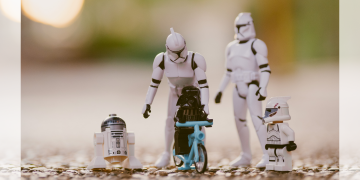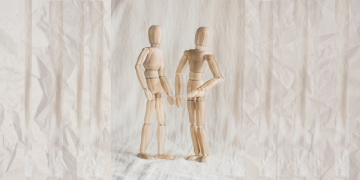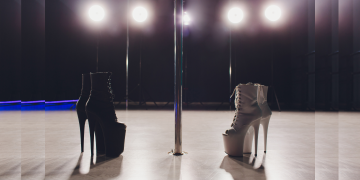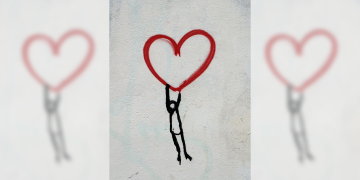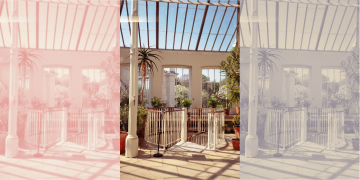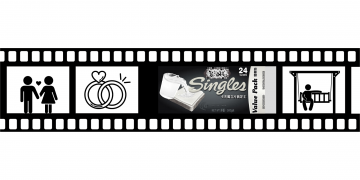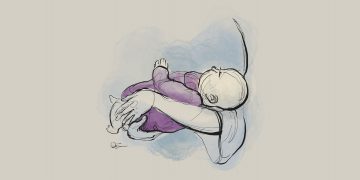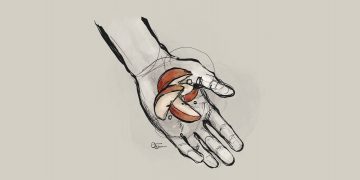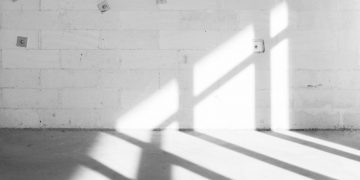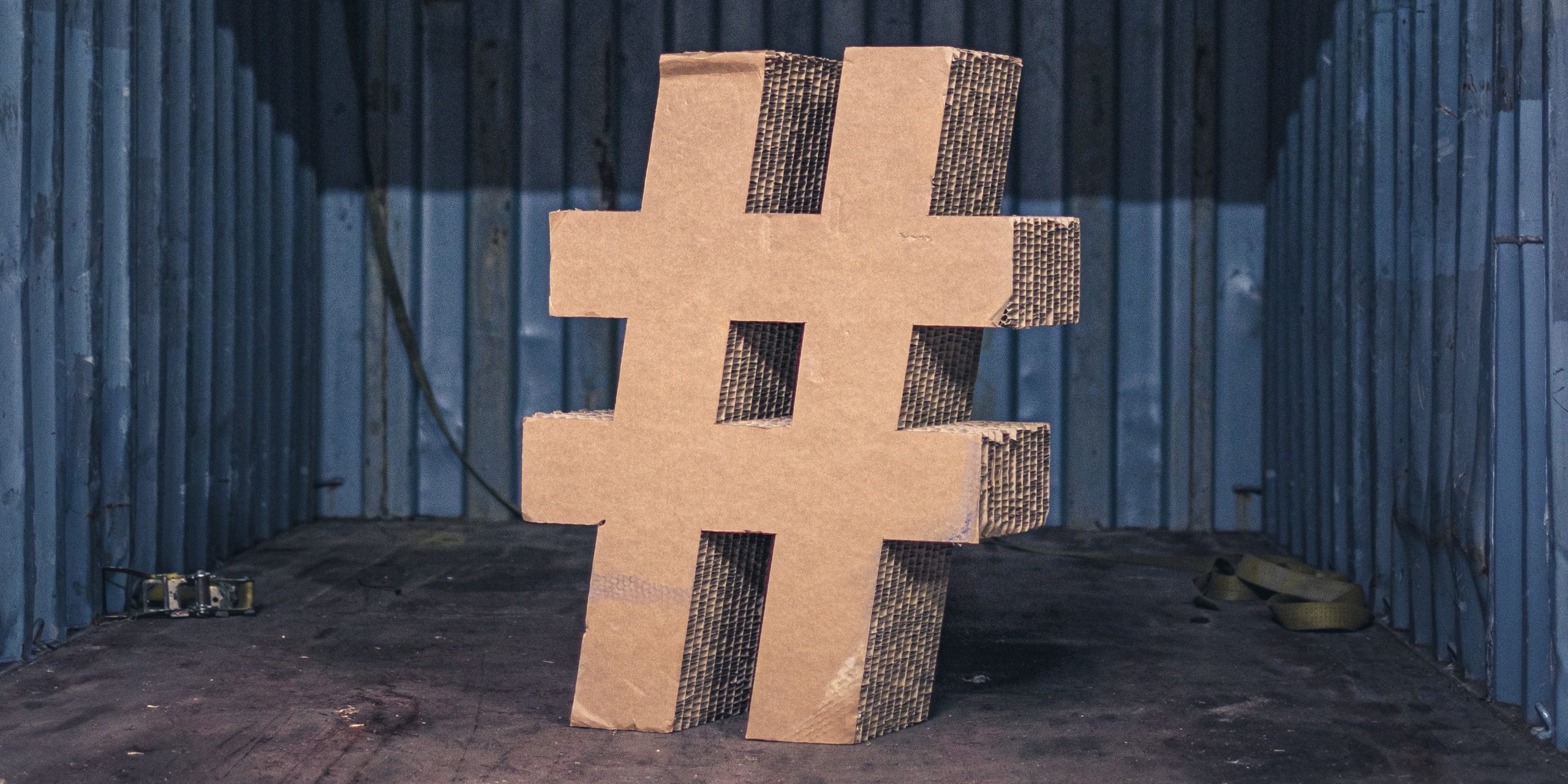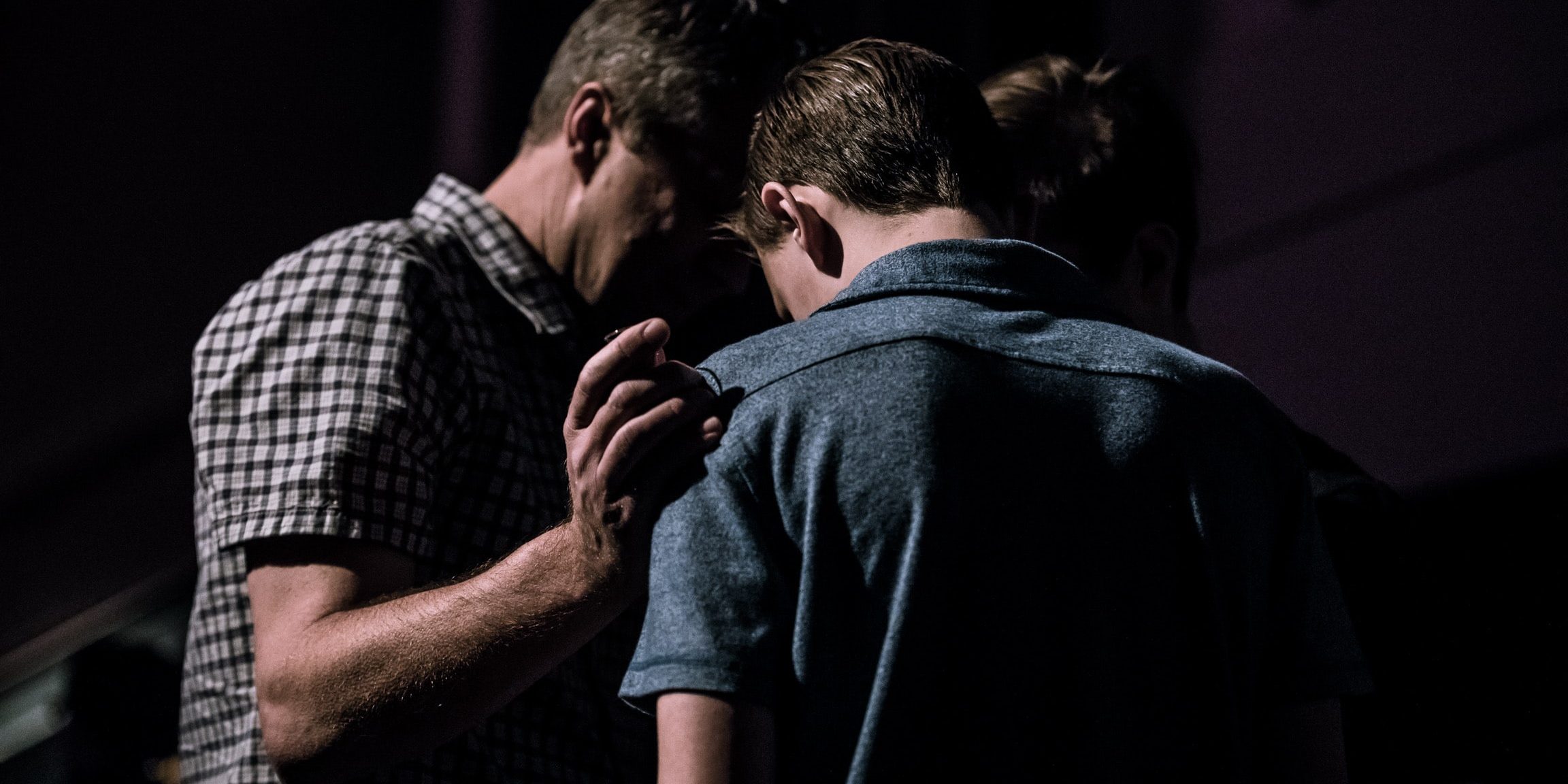It feels like being locked inside a dark room. You’re alone, there are no windows, and you’re not smart enough to find your own way out. Besides, do you even want to? You have no idea what’s outside. It could be even worse than this shadowy, quiet place. At least in here, you’re safe. At least in here, you’re in control. Right?
We have all entered that dark and isolated room called Shame. The first time we enter is typically around our second year of life. Shame conditions us, it tells us when we’re doing something right and when we’re just wrong. It tells us when we’re good and when we’re bad. When we are acceptable or just plain rejected. When we are loved and when we are unlovable.
When we are locked in by shame, we act as though shame has the power to decide our worth. Actually, this is the most dangerous part of shame. From our very first experience of it, it cuts through our actions to the vulnerable core of our identity. We identify with it. Like the enemy whispering into the ear of Eve as she doubted God’s integrity, we often allow shame to define our reality.
But the truth is, shame is incredibly weak. It distorts our reality because in the light, it is fragile and insecure. When exposed to the truth it cannot survive. We feel like we need our self-criticism and self-condemnation to become stronger, but the truth is we just need to separate our feelings of rejection from our individual worth. To notice that our actions can be deemed right or wrong but our identities cannot, is life changing. To see that we are accepted and loved regardless of what we do is true freedom.
Shame continues in secret. To heal it, we need to expose the things we are ashamed about to safe people, who listen and hear what we’ve done, but don’t reject us or tell us that we’re bad because of them. We can be good people who do bad things, but when we respond with denial or blame, we prevent the repairing process from taking place. Shame and guilt help us recognize when something is bad, but if we can’t separate it from “who we are” then we eventually retreat back into that dark, lonely room.
In reality, we belong outside of that room. We belong in vulnerable relationships in which we can repair the inevitable bad things that are part of living in a fallen world. God made us vulnerable not to give us pain, but to give us an even deeper capacity for relationship.












